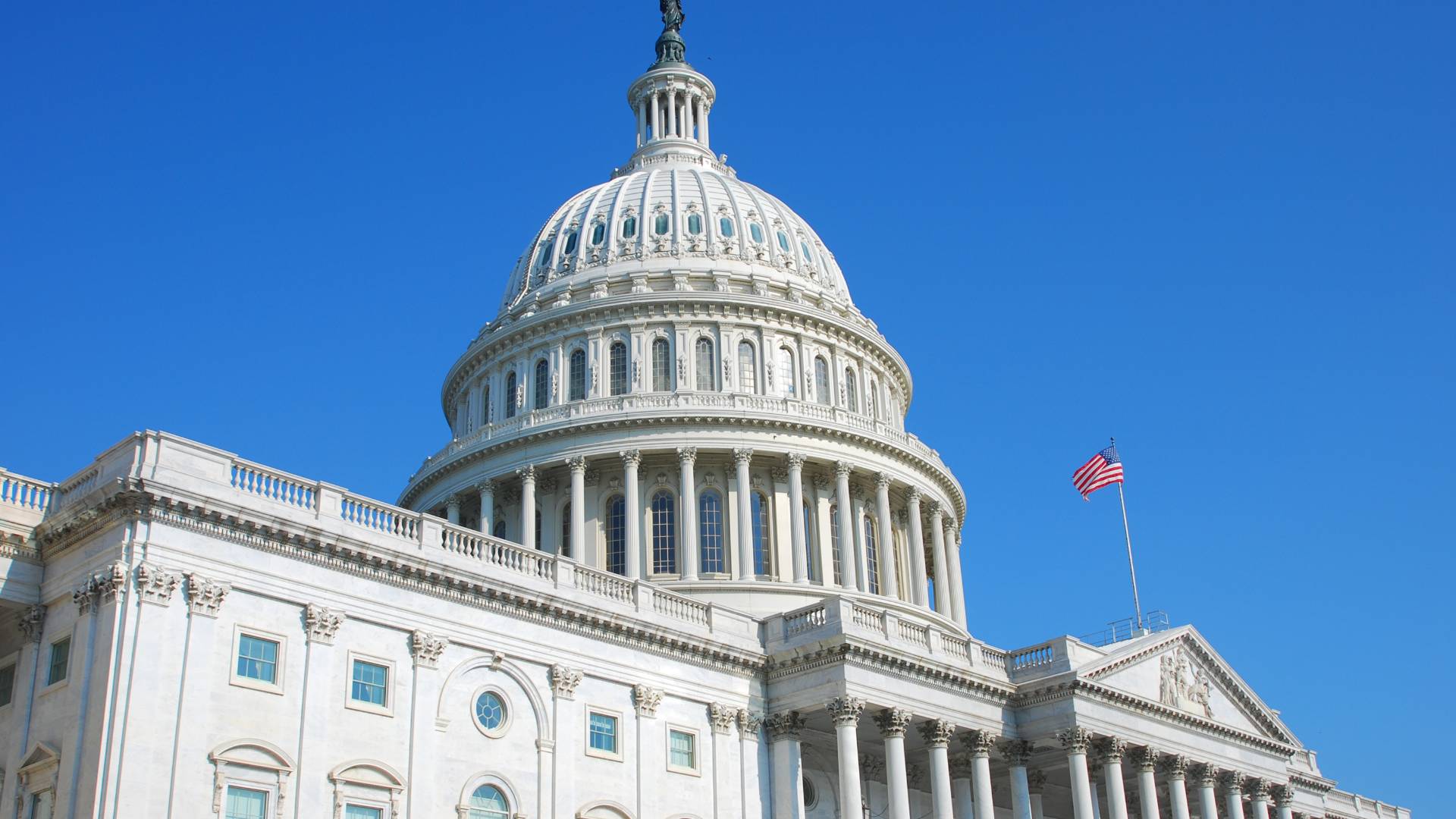Federal Omnibus Spending Bill Makes Progress Towards Ending Animal Testing

The omnibus Fiscal Year 2022 appropriations bill (officially named the “Consolidated Appropriations Act, 2022”) advanced in Congress this week contains provisions that make progress towards ending animal experiments and furthering the adoption of more ethical and effective nonanimal approaches. This spending bill, which would provide federal discretionary funding until September 30th of this year, combines several individual spending bills into one “must-pass” bill.
These provisions mark significant momentum towards a future free of animal experimentation. After years of advocacy to educate Members of Congress on the need to increase transparency and oversight of federally funded research and encouraging federal agencies to embrace nonanimal methods, the Physicians Committee is encouraged by the provisions included in the omnibus spending bill. But, there’s still considerable work to be done to end experiments on animals, and we look forward to continuing to advocate for more ethical and effective scientific research and testing.
The bill’s report addresses activity carried out by several agencies which engage in or have oversight over animal experiments:
National Institutes of Health (NIH)
- Collection and Reporting of Animal Research Numbers and Agency Funding: Acknowledges the need to improve the counting and reporting of animals used in research and requests NIH report back with a plan for increasing accuracy and transparency of data collected.
- Alternatives to Animals in Research and Testing: Directs NIH to report on current programs that support the use of nonanimal approaches and a plan for reducing animal use, where possible and appropriate.
- Building Diversity in Cell Models of Human Disease: Encourages NIH to consider funding the development of ethnically diverse and tissue-specific cell lines, which would help improve availability and diversity of human tissue for nonanimal studies.
- Chimera Research: Supports limiting funding for chimeras, that is, organisms that combine human and animal DNA.
- Humane Research Alternatives: Directs NIH to appoint a working group to make recommendations for encouraging use of nonanimal methods where appropriate in intramural and extramural research, as well as recommendations for moving away from poorly-defined animal models and for encouraging greater reliance on validated human-relevant methods.
- Center for Alternatives to Animals in Research and Testing: Directs NIH to submit a plan for establishing this new center to advance nonanimal approaches and reduce animal use.
Food and Drug Administration (FDA)
- Non-animal Approaches: Expresses support for qualification of nonanimal approaches in Innovative Science and Technology Approaches for New Drugs (ISTAND) pilot program, which provides a pathway for the agency’s acceptance of these nonanimal methods in drug development.
- Alternative Testing: Directs FDA to provide a report that reviews policies, goals, and progress related to the agency’s acceptance of nonanimal tests as well as recommendations for improvement.
- Non-Human Primates: Encourages FDA to reduce primate testing and relocate primates to sanctuaries.
Environmental Protection Agency (EPA)
- Non-vertebrate Testing Methods: Reinforces requirements in the Lautenberg Act (signed into law in 2016) for EPA to update Congress on efforts to advance nonanimal tests and encourages EPA to continue supporting development and evaluation of nonanimal methods.
The bill also includes language to ensure the continued public disclosure of Animal Welfare Act inspection reports and enforcement records, which includes inspections of research facilities.








